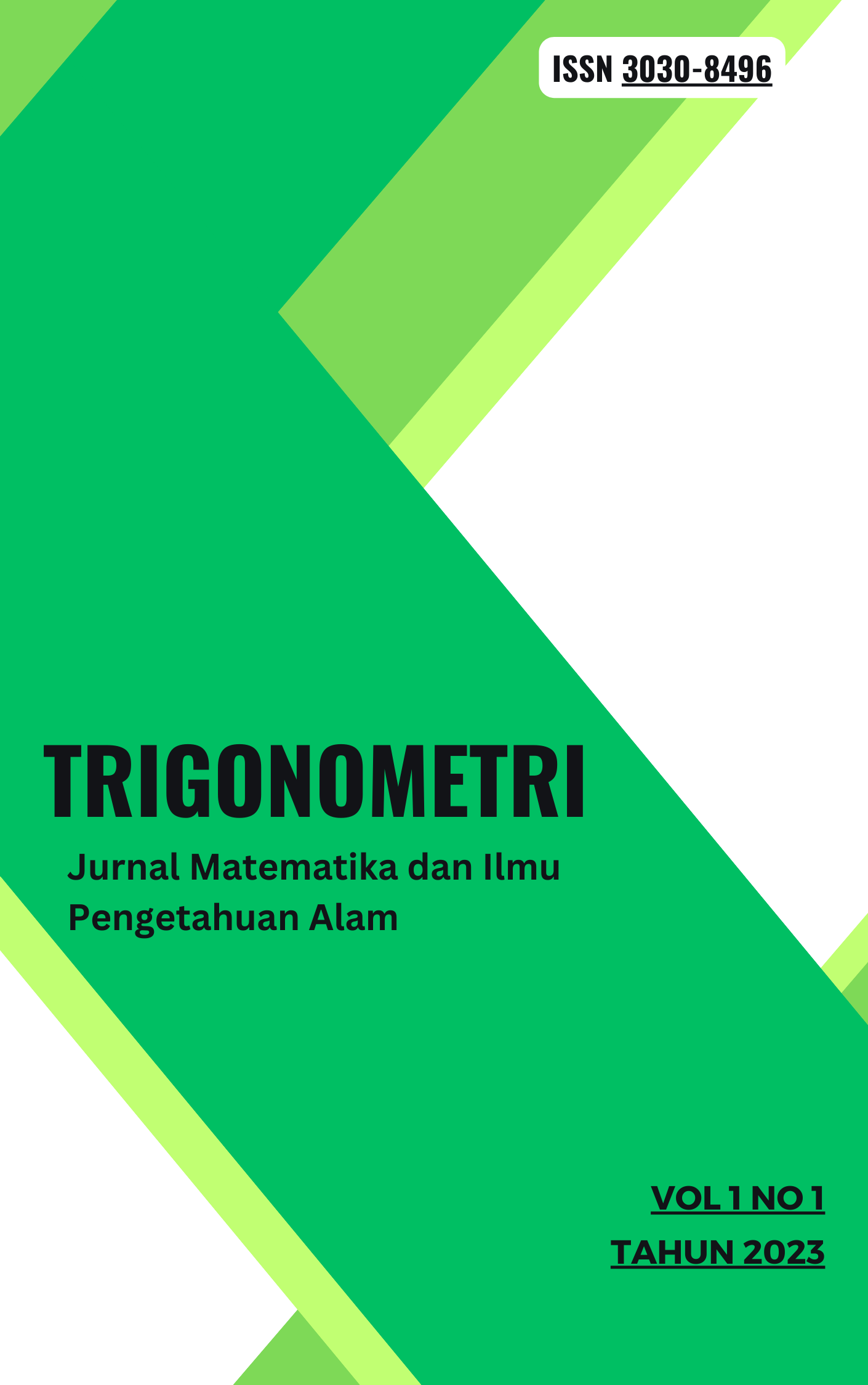Risk Model Study on BPJS Health Insurance: Actuarial Mathematics Perspective
Main Article Content
Abstract
This literature review explores risk modeling in the context of BPJS Health Insurance from an actuarial mathematics perspective. Given the unique structure of BPJS as a mandatory, non-profit health insurance system in Indonesia, this study examines various theoretical models—including Generalized Additive Models (GAMs), Bayesian inference, and Monte Carlo simulations to assess claim variability and solvency risks conceptually. In addition, this study aims to build a conceptual foundation for a more adaptive and fair risk management strategy in Indonesia’s public health insurance scheme by integrating classical actuarial methods with contemporary data analysis. It further examines how advanced computational techniques, particularly decision tree algorithms, could refine risk classification and premium estimation. This study examines integrating actuarial mathematics through machine learning to support financial intuition, improve risk classification, and improve risk modeling in BPJS Health Insurance.
